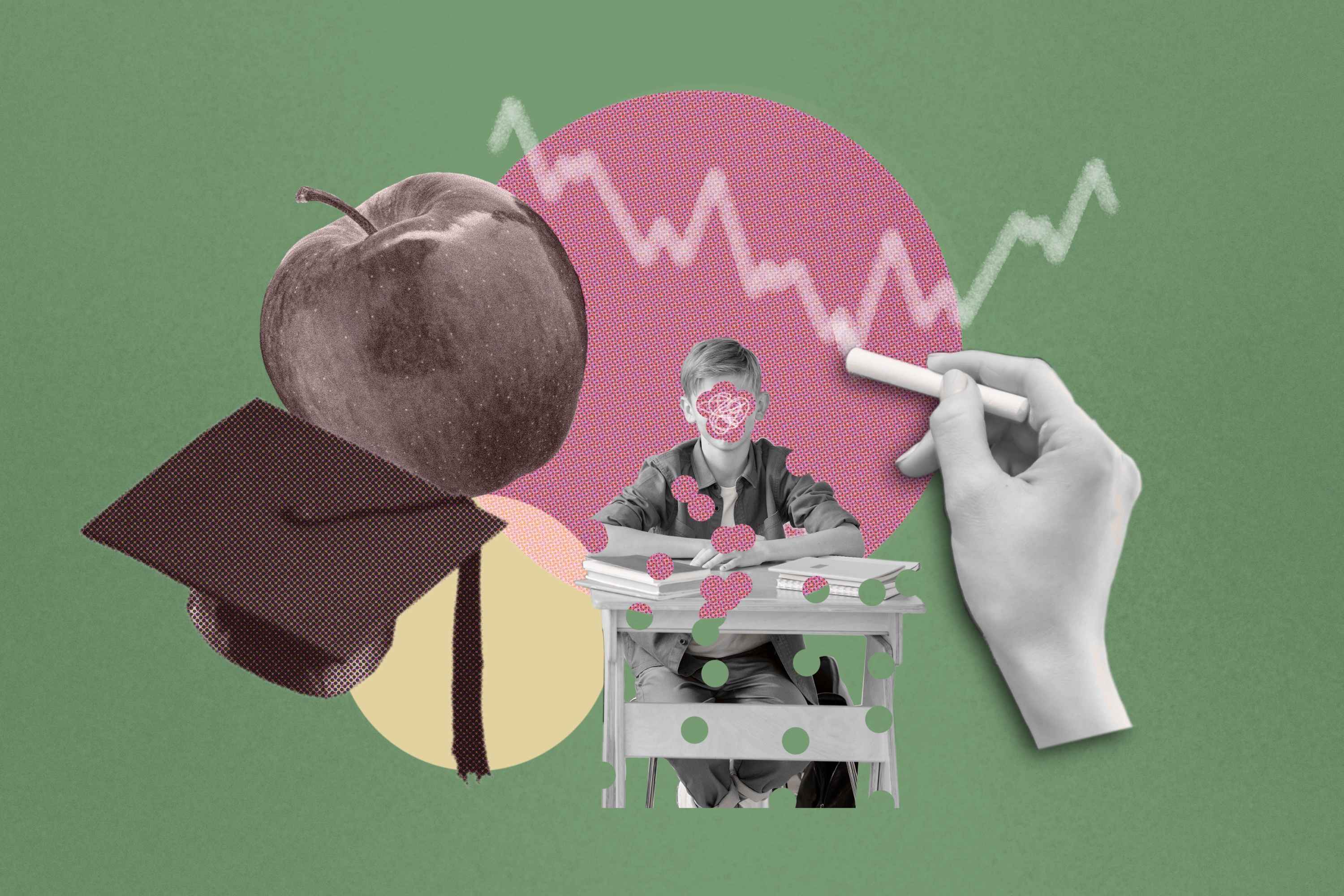By Valerie Dittrich
First-year student Zainab Damji remembers her first few weeks on campus because she spent the weeks before being terrified to step foot on it.
An international student hailing from Dubai, she wasn’t used to seeing homelessness or crime. In the summer before flying to Toronto, she recalls her Ryerson email being bombarded with security incident updates—ranging from on-campus assaults to robberies.
“I thought to myself, ‘what am I getting myself into?’” she said. “I remember telling my parents I was going to transfer out and move back home in December because of how many bad experiences I had heard [about Ryerson] campus.”
Before Damji secured a spot in Pitman Hall, she was commuting from a family member’s place for the first two months and she was always in a rush to get home because she didn’t want to stay on campus after dark.
Now at the end of her first semester, Damji barely notices the things that first terrified her.
University life at Ryerson is without a doubt very different than other campuses across Canada. Located in the heart of downtown Toronto, students at Ryerson can experience campus life while still being integrated with the city.
Crime on campus wasn’t new. In 2016, The Eye found that the Increased Risk Management security team reports about 40 incidents on campus every week, but the numbers may be even higher than what is recorded. What’s more, Ryerson sends out security incident emails to inform students of crime that happens on campus and students are no strangers to their inbox being flooded with notifications about assaults, robberies and everything in between.
Politics student Abida Ali remembers the “weird stuff” she found strange in first year, like seeing a guy board the subway almost everyday in a costume. Now in her third year, the events that happened around campus don’t even bother her.
“I’ve had people who are very much not sober come up to me and scream in my face [on campus],” she recalls. “But stuff that happens now, it literally doesn’t even faze me anymore. It’s just sort of part of the city and being in Toronto. I feel like I’m just ready for something to happen.”
“When actual crazy stuff goes down, I just don’t look at it. It’s just part of the experience”
Even with the constant influx of security incident emails, Ali remains unbothered by what goes on in and around Ryerson. “When actual crazy stuff goes down, I just don’t look at it. It’s just part of the experience and I’m used to it.”
Many studies conducted over the years have found that living in large urban cities can increase stress and anxiety and has a detrimental effect on one’s mental health. But what happens when you stop caring, or lose the ability to?
Eduardo Rodriguez was used to downtown living. Having been raised around Queen West, by the time Rodriguez got to Ryerson, he wasn’t affected by the instances that alarmed most new students. “If you hear from people who didn’t grow up downtown, they will always complain [about campus],” he said. He said he found that people who were from smaller towns would be more bothered by the overwhelming amount of homelessness and drug use that occurs in the city and near Ryerson. “Usually it’s the first thing they point out.”
Colin Ellard, a psychology professor at Waterloo who studies the effects of urban design on human behaviour, said that constantly seeing the “raw” realities of social issues like drug use can definitely desensitize people to some extent.
“But I’m not really sure that this is any more of a problem than our general tendency to become blasé about many other aspects of life, urban or otherwise over time,” said Ellard.
“Unfortunately, we can also, at least on the surface, become complacent about traffic noise, crowding, air pollution and many of the other less pleasant aspects of life in the city.”
Rodriguez recognizes the benefits of being exposed to different parts of life but sees the two sides of it; total apathy or people who want to do something about it. “Apathy is a common thing and people who are change-makers, they aren’t as common,” he said.
Damji herself may feel impacted by what happens on campus, but also knows a lot of students don’t think a lot of issues are a big deal because they’ve become such a common occurrence.
“Some people maybe they’re just immune to seeing people ask for money now, or think less of homelessness in this area because it’s typically very high or because of seeing a lot of drug use,” she said.
In Ali’s case, she thinks that witnessing Ryerson’s downtown environment allows students learn about things beyond their own experience and privilege. “But it can also be detrimental,” she said. “It may be something that you haven’t seen before and maybe some people might be more sensitive.”
Ryerson students are reminded of that every time they bring in a friend from out of town. While some of us might not be bothered, the shocked “oh my gods” from our Western buddies reminds us that we should care.













Leave a Reply